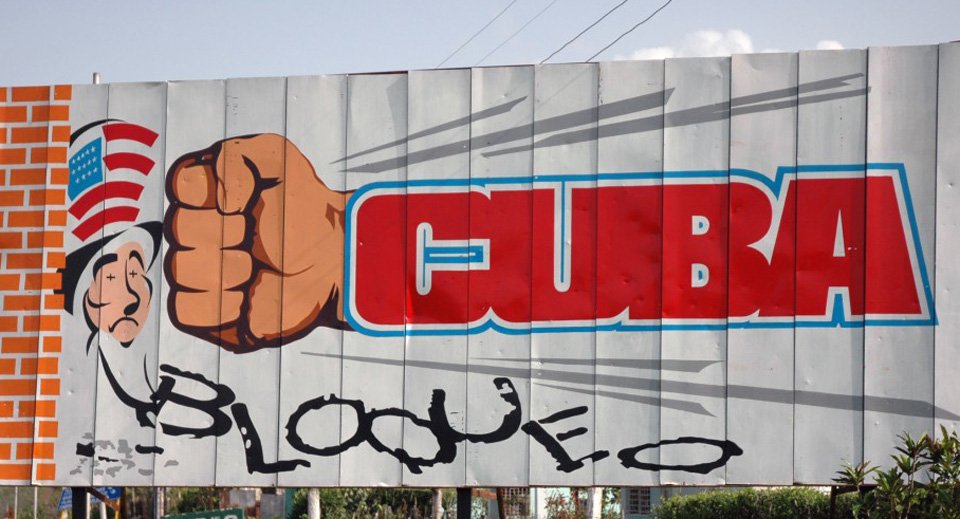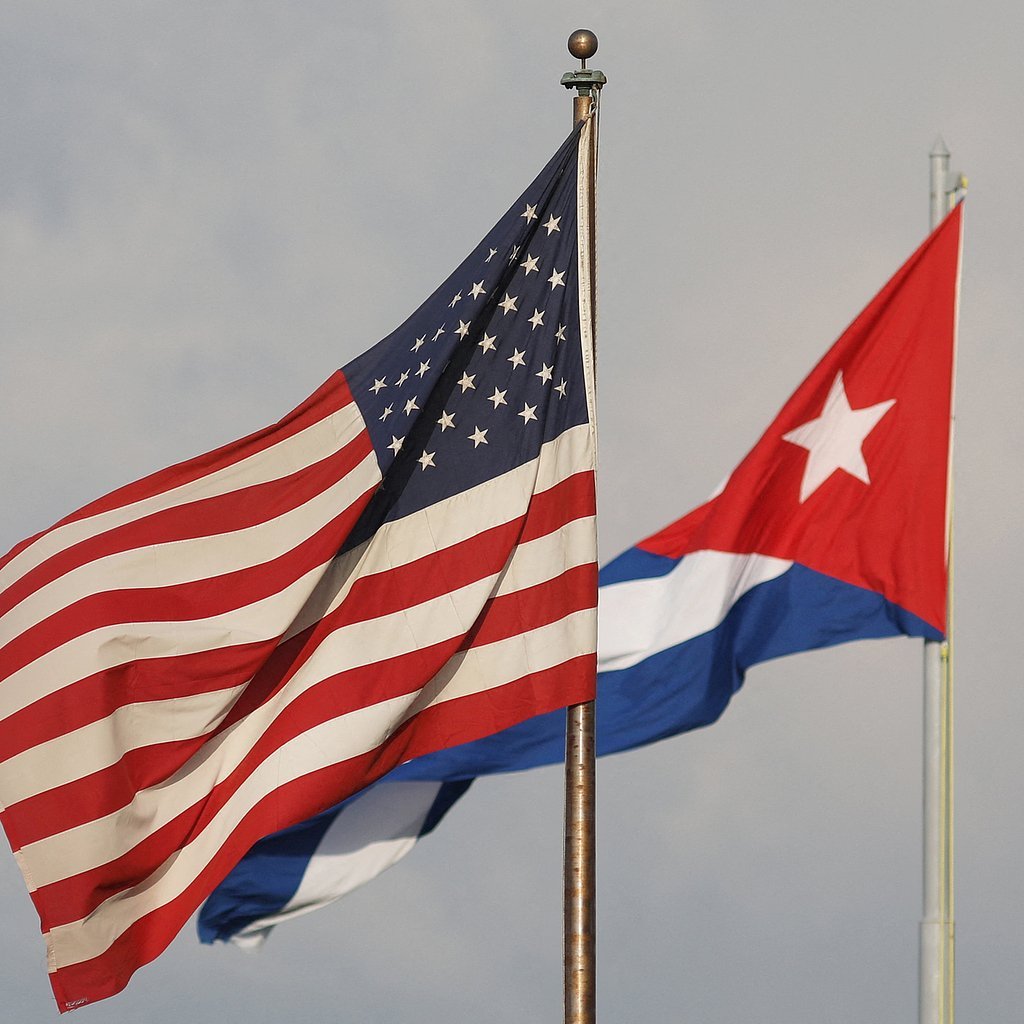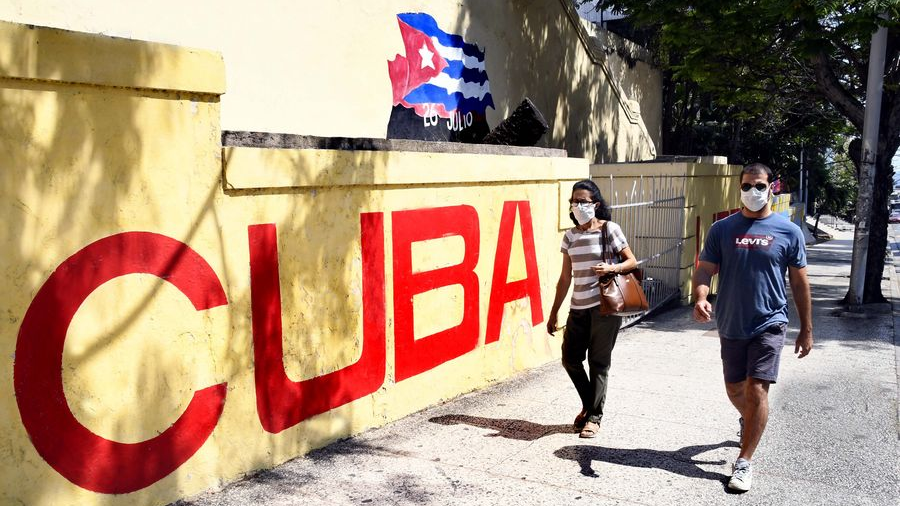
The political and economic situation in Cuba as of remains deeply affected by the longstanding U.S. embargo, which has now been in place for more than six decades. This economic blockade has cost the island nation billions of dollars, severely restricting its access to global trade and financial systems. The embargo, which was initially implemented to weaken Cuba’s revolutionary government, has continued to stifle the country’s development and has exacerbated the daily hardships faced by its citizens. Despite repeated international condemnation, particularly through overwhelming votes at the United Nations, the United States has maintained the embargo as a core component of its foreign policy toward Cuba.
One of the most visible impacts of the embargo is the widespread scarcity of essential goods and services, from medical supplies to food. Cuba’s ability to procure basic medical equipment, including needles, syringes, and ventilators, has been significantly hampered by U.S. sanctions, leading to delays in critical healthcare provisions during the COVID-19 pandemic. The embargo has also made it difficult for Cuba to repair infrastructure, import necessary goods, and develop its tourism sector, as international financial transactions are severely restricted. These conditions have fostered economic desperation among the population, contributing to a rise in emigration as Cubans seek better opportunities abroad, particularly in the United States.
The designation of Cuba as a state sponsor of terrorism (SSoT), which was reinstated under former President Donald Trump, has further isolated the country from international trade and financial markets. This move, upheld by the Biden administration, has worsened Cuba’s material deprivation, deepening the economic crisis on the island. The justification for Cuba’s inclusion on the SSoT list is tenuous at best, citing the nation’s role in hosting peace talks between the Colombian government and the Revolutionary Armed Forces of Colombia (FARC). Despite this, the U.S. continues to use the designation to pursue its broader goal of pressuring Cuba into abandoning its socialist system and aligning more closely with U.S. geopolitical interests.
The broader objective of the U.S. policy toward Cuba has always been to undermine the Cuban Revolution and force a regime change. This strategy has persisted despite the fact that the Cuban government has maintained significant achievements in healthcare, education, and environmental protection, even under the pressure of the embargo. Cuba’s successes in these areas, including the development of vaccines for COVID-19 and treatments for diseases such as lung cancer and diabetic ulcers, stand in stark contrast to the conditions imposed by the embargo, which seeks to cripple the nation’s ability to function autonomously.
However, the economic blockade has also generated widespread international disapproval. For the 30th consecutive year, the United Nations overwhelmingly voted in 2022 to condemn the embargo, with only the United States and Israel dissenting. This ongoing international condemnation underscores the growing sentiment that the embargo is both outdated and inhumane, punishing the Cuban people rather than achieving any substantive policy objectives.
Despite this, efforts in the U.S. Congress to solidify Cuba’s status as a pariah state continue. The Fighting Oppression until the Reign of Castro Ends (FORCE) Act, introduced by right-wing Cuban-American politicians, seeks to permanently codify Cuba’s place on the SSoT list, thereby removing the ability of any future administration to reverse this designation through executive action. If passed, this legislation would further entrench the U.S. policy of economic strangulation against Cuba, complicating any potential future normalization of relations between the two countries.

The impact of these policies on the Cuban people cannot be overstated. From inflated prices on basic goods to the inability to freely trade on the global market, the embargo has made everyday life in Cuba increasingly difficult. Many young Cubans have expressed frustration with the lack of opportunities and a sense that there is “no future” on the island. While some hope to leave for the United States, others recognize that the true cause of their hardships lies not with their government, but with the relentless pressure imposed by the U.S. embargo.
The time has come for the U.S. to reconsider its stance toward Cuba. The normalization of relations, the removal of Cuba from the SSoT list, and the end of the embargo would allow the Cuban people to exercise their right to self-determination without external interference. Moreover, it would open the door for Cuba to participate fully in the global economy, potentially leading to improved living conditions for millions of Cubans.
In conclusion, the U.S. policy toward Cuba, rooted in outdated Cold War-era thinking, continues to inflict harm on ordinary Cubans while failing to achieve its intended political objectives. It is imperative that the international community, alongside progressive forces within the United States, continues to advocate for an end to the embargo and a reevaluation of U.S.-Cuba relations. Only through such a shift can Cuba begin to fully recover from the decades-long economic assault it has endured.


